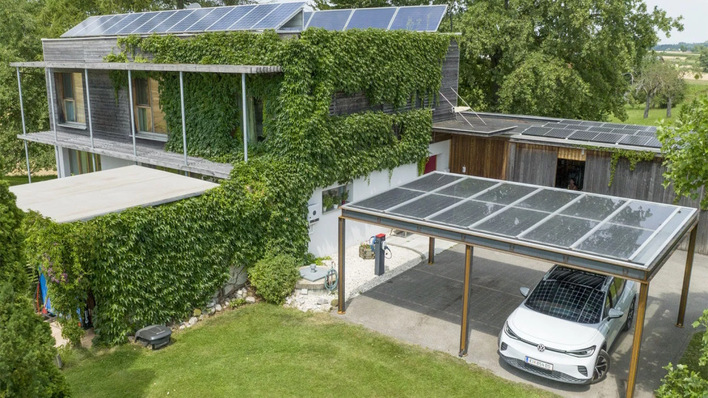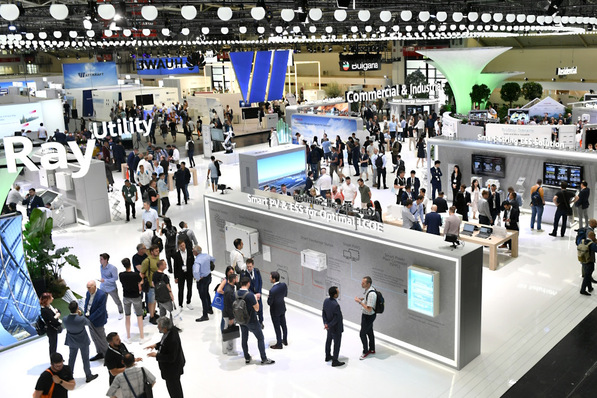As the share of weather-dependent renewable energy generation in the supply mix is steadily increasing, temporary overproduction of electricity leads to additional loads for the power grids. This requires interventions by grid operators using conventional energy sources. The main task of the new electrode boiler at the Dunamenti power plant site will be to provide the Hungarian grid operator Mavir with a fully controllable and flexible 30 megawatt electricity consumer.
See also: Bond financing of new solar parks in Hungary
By using the flexibility function of the boiler, up to 120 megawatt of additional weather-dependent green energy sources can be safely integrated into the grid in the future, which is beneficial in terms of sustainability and strengthens the security of supply. Thus, the CO2-free project makes an active contribution to the energy transition in Hungary. The electrode boiler is supplied by Parat, Norway's leading provider of steam and heat solutions.
Converting surplus electricity into storable heat
"This power-to-heat application will help balance the electricity grid by converting surplus electricity into heat for a thermal storage system that can be used to meet local heating demand. Thanks to this plant, we can completely displace natural gas from our on-site heat consumption and also reduce the gas tie-in of the district heating supply in Százhalombatta," explains Péter Horváth, CEO of the Dunamenti gas-fired power plant.
Also interesting: EU and Switzerland need 302 billion euros per year to achieve climate goals
"The existing grid infrastructure of the Dunamenti power plant combined with the local heating demand provides an ideal location for this project, even though the plant is located at a conventional power plant. The electrode boiler will run completely independently of the existing gas-fired units. This is a pioneering project for Hungary," adds Pál Gerse, who is responsible for portfolio management within MET Group's Flexibility Assets department. (mfo)







